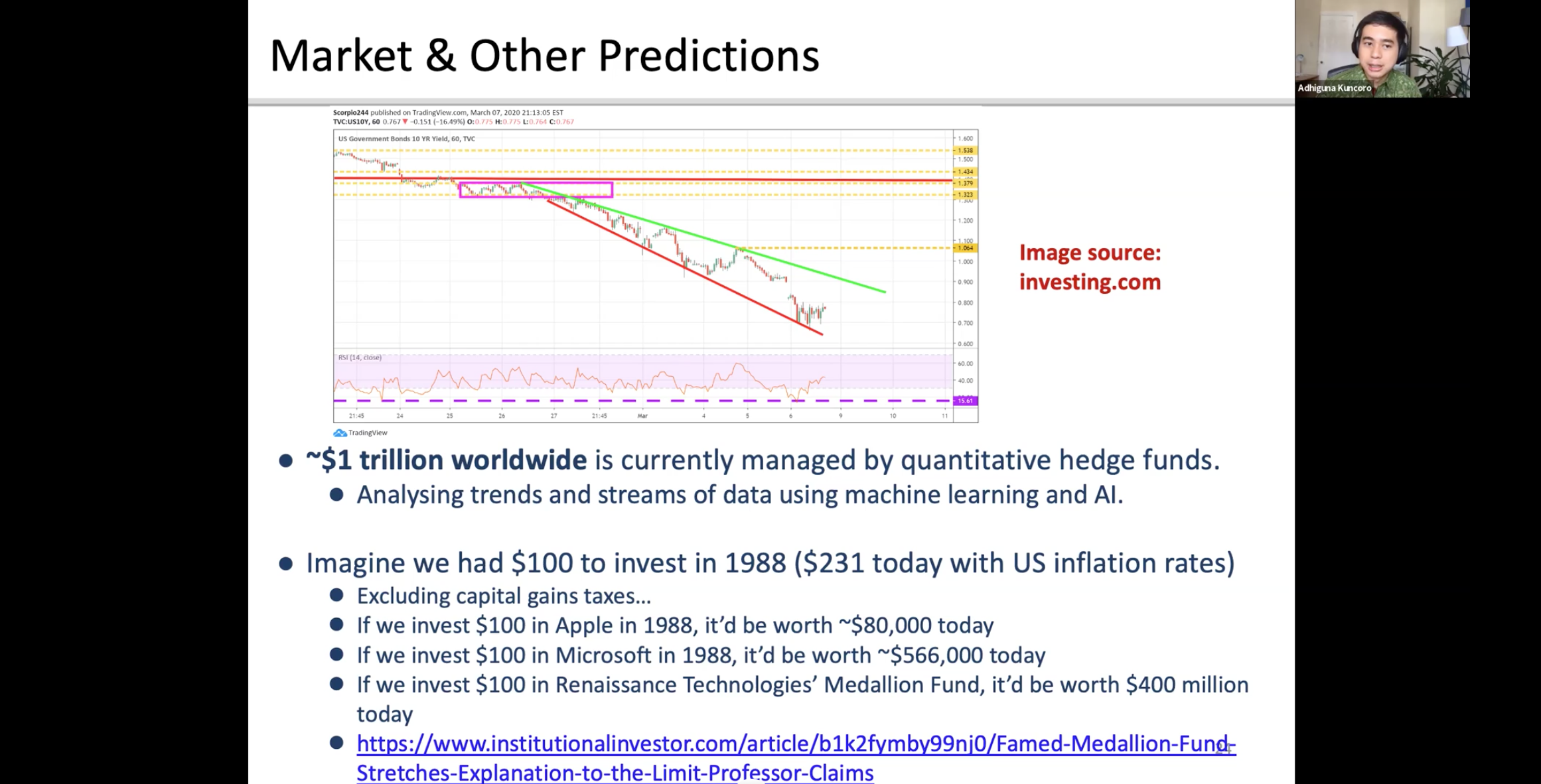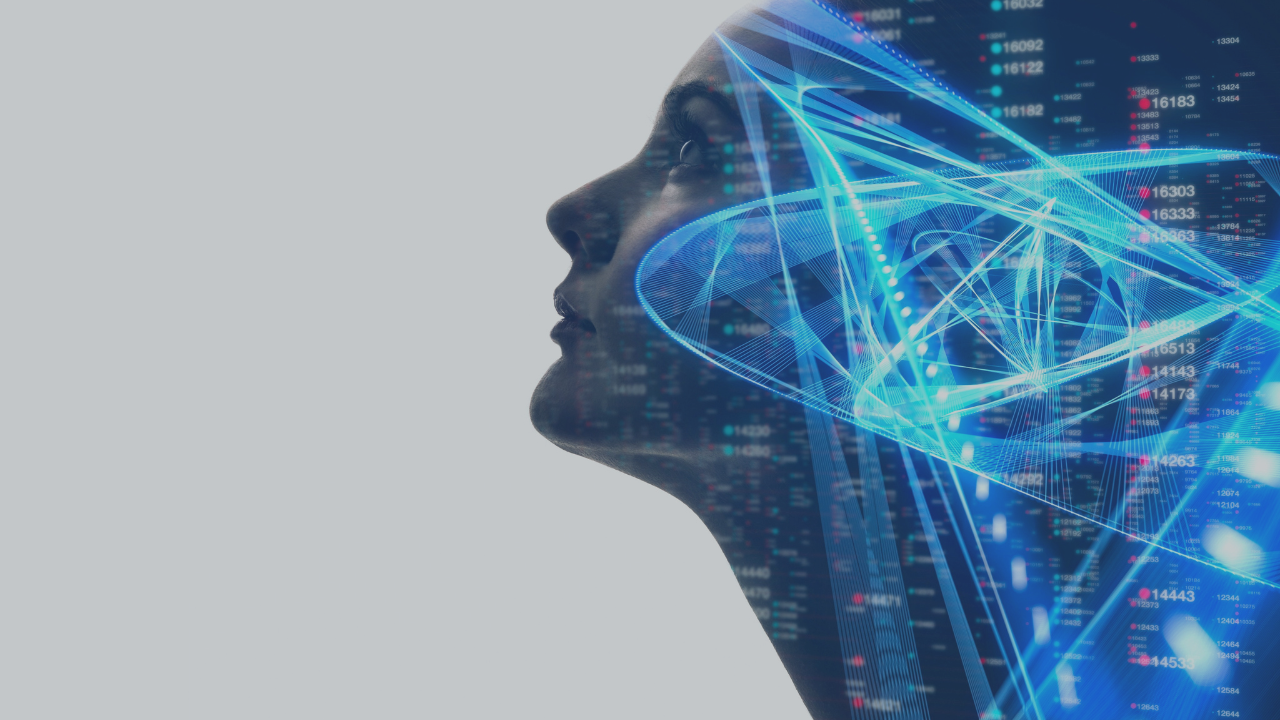AI has gone through tremendous improvements over the years and is not stopping any time soon. According to a McKinsey Global Institute study, AI is projected to generate an annual value of $3.5 to $5.8 trillion. Not only relevant for data scientists or data engineers, but AI also plays an essential role in various industries, including customer service and auditing, even used to predict macro trends. Not wanting to miss the train, the SBM ITB Entrepreneurship Study Program collaborated with The Greater Hub to hold a Fridaypreneurship webinar entitled “Introduction to AI and its Application in Business” on Friday (3/6/2022). Inviting Adhiguna Kuncoro, the Senior Research Scientist at Google Deepmind London, this webinar aims to provide insight into the applications and opportunities of AI technology in business.
 According to Adhiguna, AI is a field of study that aims to build intelligent machines that can imitate or exceed human intelligence. AI is multi-disciplinary and requires various knowledge, ranging from computer science, mathematics, psychology, and philosophy, to domain expertise. Therefore, it is a good field that encourages collaboration.
According to Adhiguna, AI is a field of study that aims to build intelligent machines that can imitate or exceed human intelligence. AI is multi-disciplinary and requires various knowledge, ranging from computer science, mathematics, psychology, and philosophy, to domain expertise. Therefore, it is a good field that encourages collaboration.
Some of the applications of AI technology in the business field that Adhiguna mentioned include banking services, market predictions, recruitment processes, and customer service chatbots. In addition, a sub-field of AI, namely machine learning, is also helpful for detecting suspicious transactions, granting loan approvals, and predicting loan arrears based on profiles of prospective borrowers based on historical data.
“The use of AI technology aims to reduce human intervention on repetitive tasks so that the burden on employees can be lighter. For example, chatbots can easily handle simple customer questions so that human agents can take care of more complicated problems,” Adhiguna explained. Adhiguna added that customer service chatbots are expected to save up to $7.3 billion in costs by 2023.
Scale and speed makes AI superior to humans. For example in the banking industry, with enormous volume of transactions, it will be very inconvenient if processed manually by humans. “If there are a million transactions, machines can complete them in seconds, unlike humans who will probably take a long time. AI can also easily spot fraud through patterns from transaction data. AI can detect suspicious transactions, so humans only need to crosscheck, no need to look at every transaction,” said Adhiguna. “Plus, AI knows no geographical boundaries so that it can work from anywhere,” he added.
However, Adhiguna also admits that AI technology is still far from perfect. Therefore, innovation is strongly encouraged at all levels, including ITB as an educational institution.
“At my parent company, Alphabet, the budget for R&D in 2019 was $26 billion out of a total profit of $34 billion. This shows that innovation must be at the forefront of everything. Instead of being disrupted by others, we should be self-disrupted by innovations. Innovation can take the form of two things: creating something better than other people or doing something that no one else thinks about,” said Adhiguna.
Lastly, Adhiguna said that we should not think of AI technology as an enemy that will take over our work. AI, Machine Learning, and Deep Learning will change many industries, so we must take the initiative. Adhiguna encourages us to participate in the AI revolution and ensure AI benefits everyone. He thinks that AI should complement not replace humans.
Written by Student Reporter (Janitra Nur Aryani, Management 2023)




